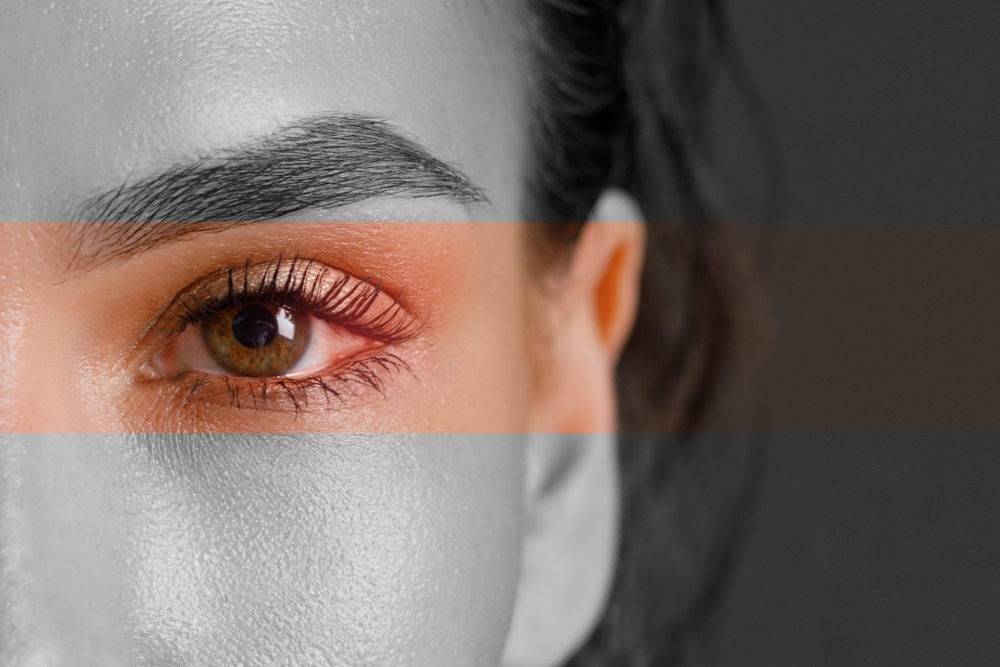
Eye diseases are a group of conditions that impair the normal functioning of the eyes, leading to visual impairment. They can affect any part of the eye and can be caused by various factors such as genetics, age, lifestyle, and environmental factors. Being diagnosed with eye disease can be overwhelming, but with proper management, one can continue to live a fulfilling life.
The human eye is an intricate organ, and any disruption to its functioning can lead to disease. Some eye diseases may present with symptoms such as blurred vision, floaters, or pain, while others may be asymptomatic until they cause significant vision loss.
Common Types of Eye Diseases
Several eye diseases can affect your vision and overall eye health. Glaucoma is a common eye disease that damages the optic nerve, leading to vision loss or blindness. It is often associated with a buildup of pressure inside the eye.
Age-related macular degeneration (AMD) is another common eye disease. It is a leading cause of vision loss in people aged 60 and over. AMD occurs when the macula, the part of the eye responsible for sharp, central vision, deteriorates.
Cataracts, characterized by a clouding of the eye's natural lens, is another common eye disease. This condition is prevalent among older adults, but can also occur in younger people due to various factors such as injury, certain medications, or diseases like diabetes.
Steps for Effective Eye Disease Management
The key to managing any eye disease effectively lies in early detection, prompt treatment, and regular follow-ups. Regular eye exams play a crucial role in early detection. A comprehensive eye exam can reveal early signs of disease, even before you notice any symptoms.
If diagnosed with an eye disease, it's important to start treatment as soon as possible. Treatment plans will vary depending on the type and stage of the disease, but may include medication, or surgery. It's important to adhere to your prescribed treatment plan and to keep all medical appointments.
Living with an eye disease also requires consistent self-care. This includes protecting your eyes from harmful elements, like excessive sunlight and digital screens, maintaining a balanced diet, and engaging in regular physical activity. It's also crucial to manage other health conditions, such as diabetes or hypertension, as these can worsen eye disease.
The Journey Towards Managing Eye Health
Managing an eye disease diagnosis can be a daunting task, but with the right knowledge, proactive actions, and consistent medical care, it is achievable.
Regular eye examinations, adhering to prescribed treatments, making necessary lifestyle changes, and staying informed about your condition are all crucial steps in your journey towards eye health. Don't be afraid to seek help, ask questions, and be an active participant in your healthcare.
If you are experiencing symptoms of an eye disease, schedule an eye exam with our optometrist and Visit Rieger Eyecare Group at our office in Normal, Illinois, or call (309) 320-2020 to schedule an appointment today.











